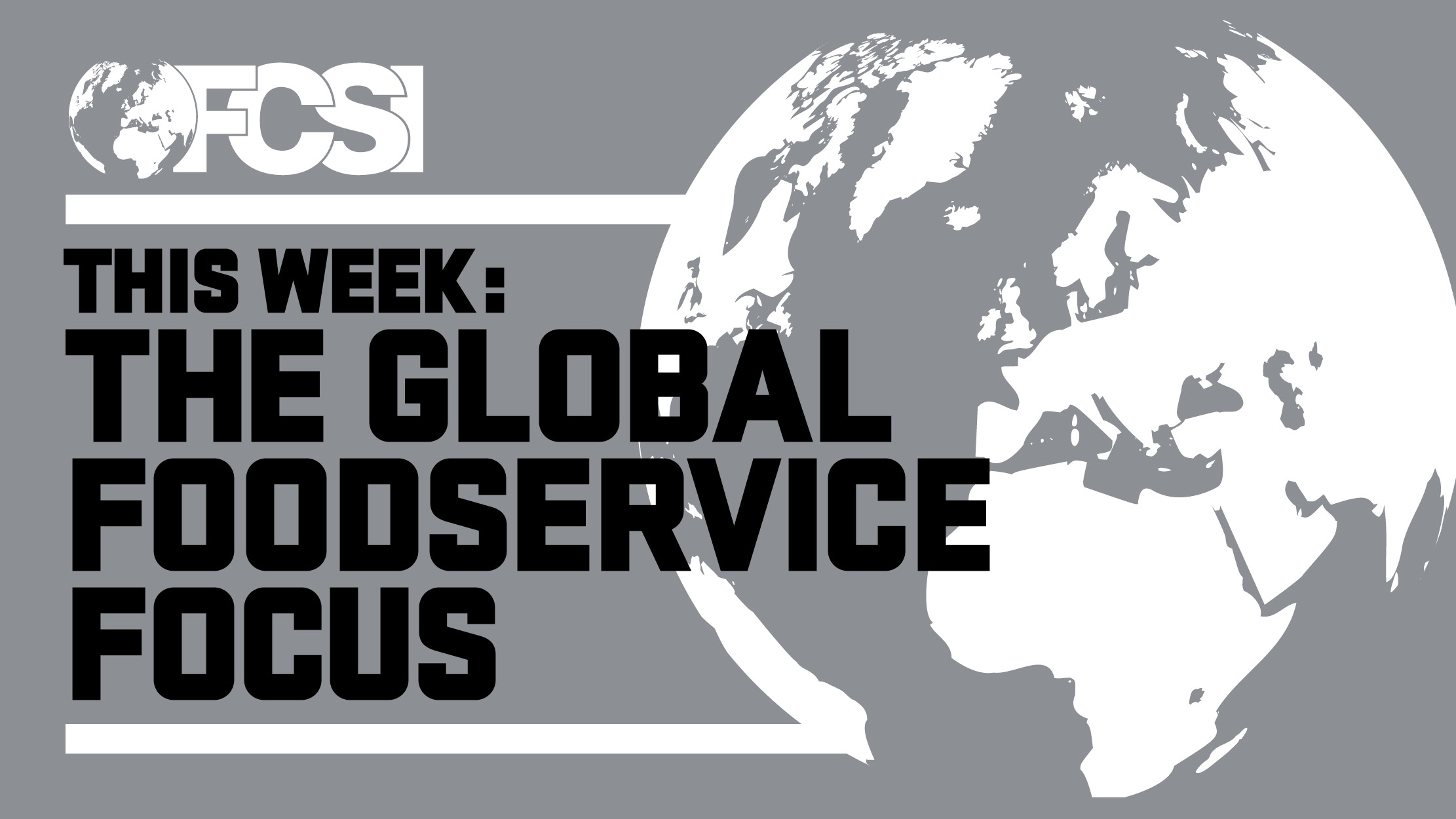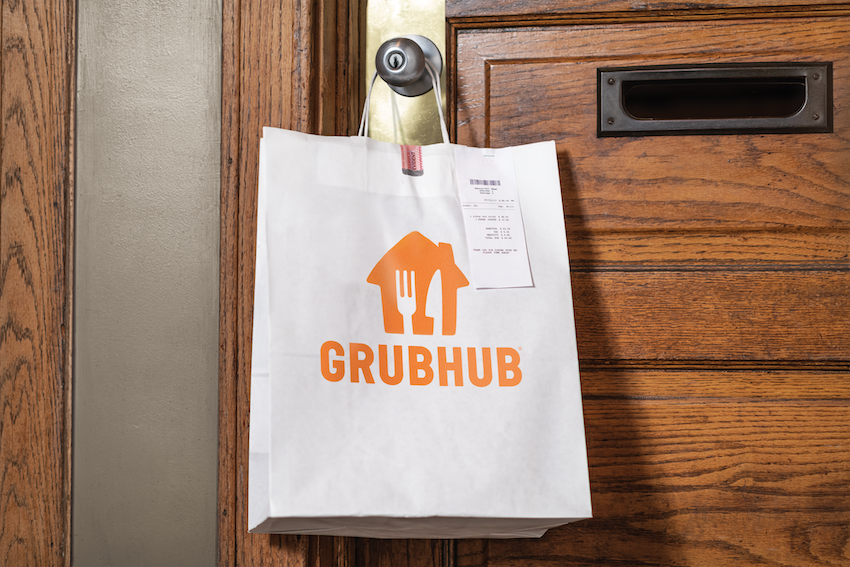
The Americas
Starbucks plans corporate lay-offs as part of company restructuring
Starbucks said last week that it is considering an unspecified number of layoffs as it restructures its corporate staff. In a letter to employees, Starbucks Chairman and CEO Brian Niccol said the Seattle coffee giant needs to ensure all work has a clear and accountable owner who can make decisions and reduce complexity and silos. “Our size and structure can slow us down, with too many layers, managers of small teams and roles focused primarily on coordinating work,” Niccol wrote. The layoffs will not impact baristas in Starbucks’ stores, and decisions will be communicated by early March.
Grubhub integrates with Olo Dispatch to strengthen relationships between restaurants and diners
US-based food ordering and delivery partner Grubhub has integrated with restaurant tech provider Olo Dispatch to offer enhanced delivery services for orders placed through restaurants’ own websites and apps. Olo Dispatch selects the most efficient delivery service provider based on various criteria and is known for its automated matching technology that enables restaurants to deliver orders quickly and cost-effectively. The move is aimed at strengthening direct customer relationships and providing a branded delivery experience through restaurants’ direct ordering channels.

Asia Pacific
Chinese F&B players expand in Southeast Asia
Chinese F&B operators are rapidly expanding their footprints in Southeast Asia, with 60 brands opening a total of 6,100 outlets in the region since last December, more than triple the 1,800 they had in 2022, according to a report by Singapore-based consultancy Momentum Works. The report said that this wave of expansion reflects the challenges Chinese F&B players are facing in their domestic market; during the first half of 2024, over 1 million F&B businesses shut down, an increase of 70% from 2023. Singapore and Malaysia have the largest number of Chinese brands, according to the report, with Indonesia and Vietnam together accounting for about two-thirds of all outlets, especially mass-market brands.
China’s thirst for South Australian wine boosts local wineries and economy
China’s growing appetite for South Australian wine is proving a boon for local producers and the region’s economy. The government announced this week that local wineries sold 11.8 million litres of wine, valued at more than $93 million, to China in November 2024 alone. “The sustained growth in wine exports to China, eight months after trade tariffs were lifted, is a tremendous result for local producers and the South Australian economy,” said SA’s Minister for Trade and Investment, Joe Szakacs. Latest ABS figures also show that South Australia’s total exports to China (not just wine) have surpassed previous records, with local businesses selling more than $17.6 billion worth of goods to overseas buyers in the year to November 2024.
Europe, Middle East, Africa
UK casual dining set to enter ‘recovery phase’ in 2025
The casual dining sector is starting to see a recovery in 2025 with brands looking to acquire new sites and reporting an uptick in margins, according to Christie & Co. The property firm’s latest Business Outlook report said the number of full-service restaurants had fallen but predicted more growth in the sector this year due to profits stabilising. It also forecast further expansion in the quick-service restaurant (QSR) sector, which saw a 10% increase in its number of outlets last year. Simon Chaplin, senior director of pubs, restaurants and franchise at Christie & Co, said: “Those who are still here in 2025 are now in a prime position to take advantage of the continued appetite to spend on hospitality, which increased last year, as opposed to cooking at home as supermarket spend decreased.”
Germany could net €8.2bn through carbon tax on meat
Germany could reduce its agricultural greenhouse gas emissions by 22.5 per cent, or more than 15 million tonnes a year by putting a carbon tax on high-emitting foods, such as meat and dairy, according to research by the Potsdam Institute for Climate Impact Research. The carbon tax would also generate over €8.2 billion annually in revenue, boosting the country’s economy. The researchers recommend that these funds are redistributed back to households through a lump-sum compensation scheme, meaning wealthier households would bear a higher tax burden than lower income households.
Elly Earls
